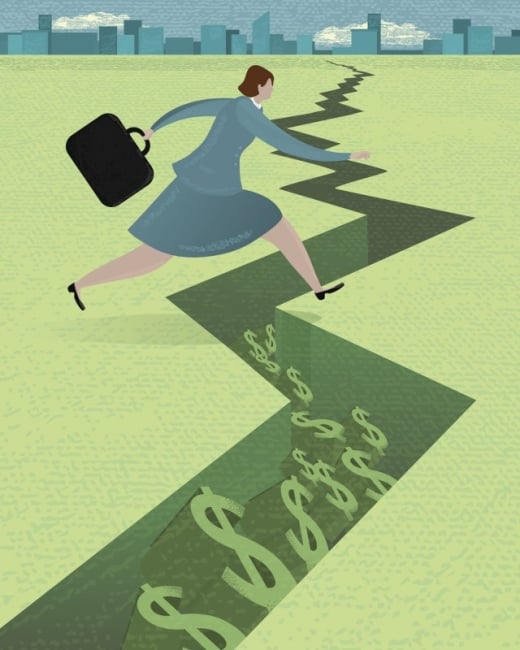You have /5 articles left.
Sign up for a free account or log in.

iStock
A new study indicates that women’s careers and family lives are significantly impacted by the selectivity of the college they choose to attend. These effects are not the same for men.
The study, “Elite Schools and Opting-In: Effects of College Selectivity on Career and Family Outcomes,” was conducted by three economics professors, Suqin Ge at Virginia Tech, Amalia Miller at the University of Virginia and Elliot Isaac at Tulane University, and is being circulated as a white paper by the National Bureau of Economic Research.
The researchers utilized data from the College and Beyond Survey, a 1996-97 survey of college graduates at 34 “highly selective” colleges. The survey also included administrative student records from the colleges.
Three cohorts of students were surveyed -- those who entered college in 1951, 1976 and 1989. Ge, Miller and Isaac chose to focus on the 1976 cohort because they were “middle career” at the time of the survey, the life stage they were focused on.
“In historical context, the women of this cohort are at the forefront of the fifth cohort of 20th century American female college graduates … this cohort was the first to aspire to achieving ‘career and family’ at the same time,” the study read.
Their sample included 9,917 women and 9,738 men, and they excluded data from individuals who attended one of four historically black colleges and universities, individuals with missing income information and individuals with missing college application information.
Over all, researchers found "important earnings effects of attending a more selective school on women’s career outcomes, but not on men’s."
Attending a selective college increased a woman’s probability of working by 2.3 percent but had virtually no effect for men. College selectivity also influenced women's pay: women who attended a selective college earned 13.9 percent more than women who didn't.
The data also showed that having a mother who worked was a strong predictor of earnings for women, but not for men. In addition, attending a selective college increased a woman’s likelihood of obtaining an advanced degree by 4.8 percent.
The effects on marriage for women were “striking.”
“Attending a college with a 100-point higher school-average SAT score reduces the chances of being married in their late 30s by 3.9 percentage points,” the study read.
The findings contradict popular assumptions of women's behavior.
“Attending a more selective college also lowers a woman’s probability of marriage while improving her spousal characteristics, possibly because it makes her set a higher threshold for accepting a marriage offer,” the study read. “These results argue against applying a causal interpretation to the popular descriptions of women with elite educations ‘opting out’ of the paid labor force to devote more time to their families.”
They study also noted that despite dropping out of the work force to raise families, women who attend selective colleges still earn more than those who don't.
"Women who attend highly selective schools will not all persist in the labor market after marriage and childbearing, but these departures are not induced by their choice of college," the study read. "In fact, married women with children are the group whose earnings are improved the most by attending a more selective college."








